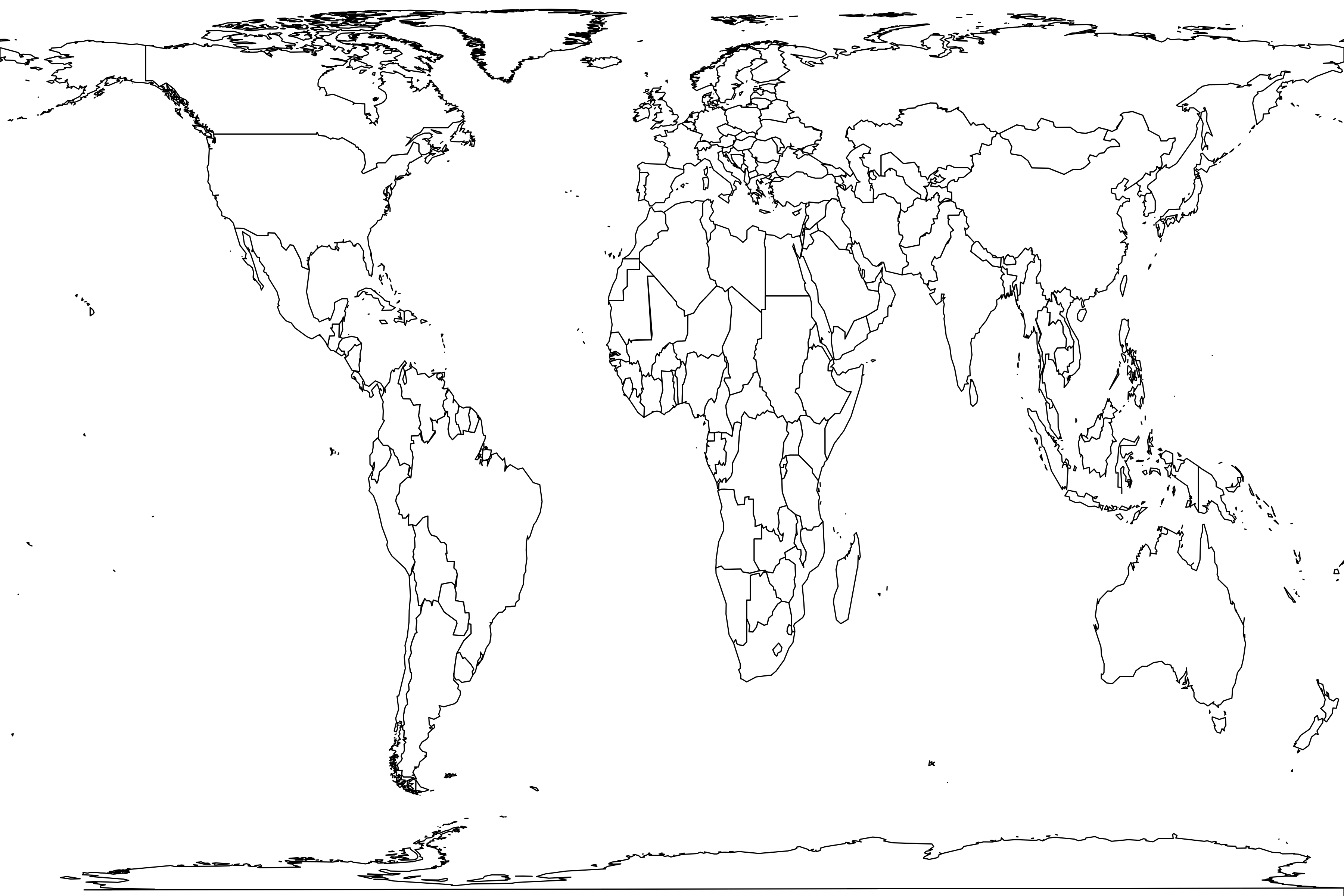Malvan (Period I)
Basic information
Sample name: Malvan (Period I)
Reference: K. R. Alur and A. K. Sharma. 1995. Animal skeletal remains. Memoirs of the Archaeological Survey of India 92:85-98 [ER 3232]
Geography
Country: India
State: Gujarat
Coordinate: 21° 41' N, 72° 42' E
Coordinate basis: stated in text
Time interval: Holocene
Section: 3232
Unit number: 1
Unit order: below to above
Max Ma: 0.00335
Min Ma: 0.00295
Age basis: zone
Geography comments: contextual information is given by Allchin and Joshi (same volume):
"on the south bank of the Tapri river near Dumas in District Surat"
coordinate is stated incorrectly as 21º 71' N, 72º 42' E; this apparently means 21º 41' N based on the coordinate of the town of Malvan
"Period I was essentially a post-Harappan, Chalcolithic occupation, and Period II consisted of a group of pits and hearths associated with some sort of a temporary occupation of later times"
Period I dates "from between circa 1400 and 1000 B.C."; there is a radiocarbon date on charcoal of "2675 ± 90 (2750 ± 95 B.P." (meaning unclear) that is interpreted as "indicating the date at which the filling of the trench has more or less complete"
Period II yielded "grey to black pottery" that "probably dates from the end of the first millenium A.D."
"on the south bank of the Tapri river near Dumas in District Surat"
coordinate is stated incorrectly as 21º 71' N, 72º 42' E; this apparently means 21º 41' N based on the coordinate of the town of Malvan
"Period I was essentially a post-Harappan, Chalcolithic occupation, and Period II consisted of a group of pits and hearths associated with some sort of a temporary occupation of later times"
Period I dates "from between circa 1400 and 1000 B.C."; there is a radiocarbon date on charcoal of "2675 ± 90 (2750 ± 95 B.P." (meaning unclear) that is interpreted as "indicating the date at which the filling of the trench has more or less complete"
Period II yielded "grey to black pottery" that "probably dates from the end of the first millenium A.D."
Environment
Lithology: not described
Taphonomic context: human accumulation
Archaeology: bone tools,ceramics,metal tools,stone tools,other structures
Habitat comments: structures and artifacts are discussed by Allchin and Joshi:
"The principal structural feature of Period I was a ditch" of 18.30 m, and "To the south of the ditch a number of post-holes were dug"
Period I yielded "a large amount of pottery... and a diminuitive blade industry... A number of small objects of copper... terracotta objects... A small number of beads"
there are bone tools in both intervals
"The principal structural feature of Period I was a ditch" of 18.30 m, and "To the south of the ditch a number of post-holes were dug"
Period I yielded "a large amount of pottery... and a diminuitive blade industry... A number of small objects of copper... terracotta objects... A small number of beads"
there are bone tools in both intervals
Methods
Life forms: carnivores,ungulates
Sampling methods: quarry
Sample size: 289 specimens
Sampling comments: Bubalus bubalis present but not tabulated
Metadata
Sample number: 3560
Contributor: John Alroy
Enterer: John Alroy
Created: 2019-09-24 19:52:13
Modified: 2023-04-29 02:40:01
Abundance distribution
6 species
0 singletons
total count 289
extrapolated richness: 6.8
Fisher's α: 1.071
geometric series k: 0.4173
Hurlbert's PIE: 0.3169
Shannon's H: 0.7347
Good's u: 1.0000
Each square represents a species. Square sizes are proportional to counts.
• Find matching samples
Register
| Bos taurus indicus | 237 | 337 kg |
| "Bos indicus" | ||
| Equus ferus caballus | 3 | 422 kg |
| "Equus caballus" | ||
| Caprinae indet. | 9 | |
| Capra hircus aegagrus or Ovis vignei | ||
| Sus scrofa cristatus | 15 | 54 kg herbivore |
| Canis lupus familiaris | 7 | 43 kg carnivore |
| "Canis familiaris" | ||
| Cervidae indet. | 18 | |
| Cervus duvaceli and Axis axis | ||


